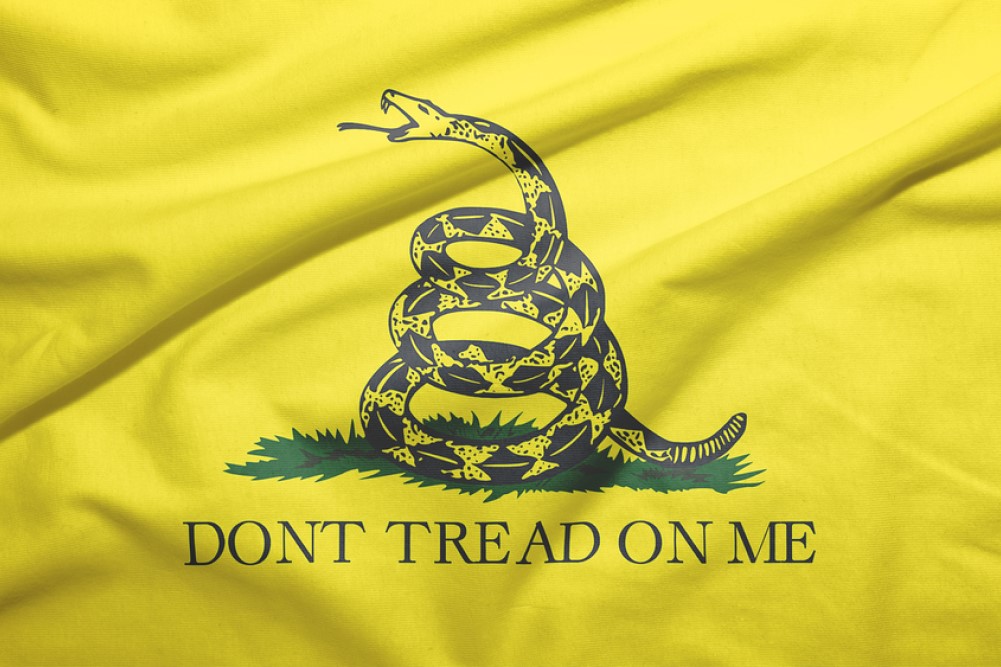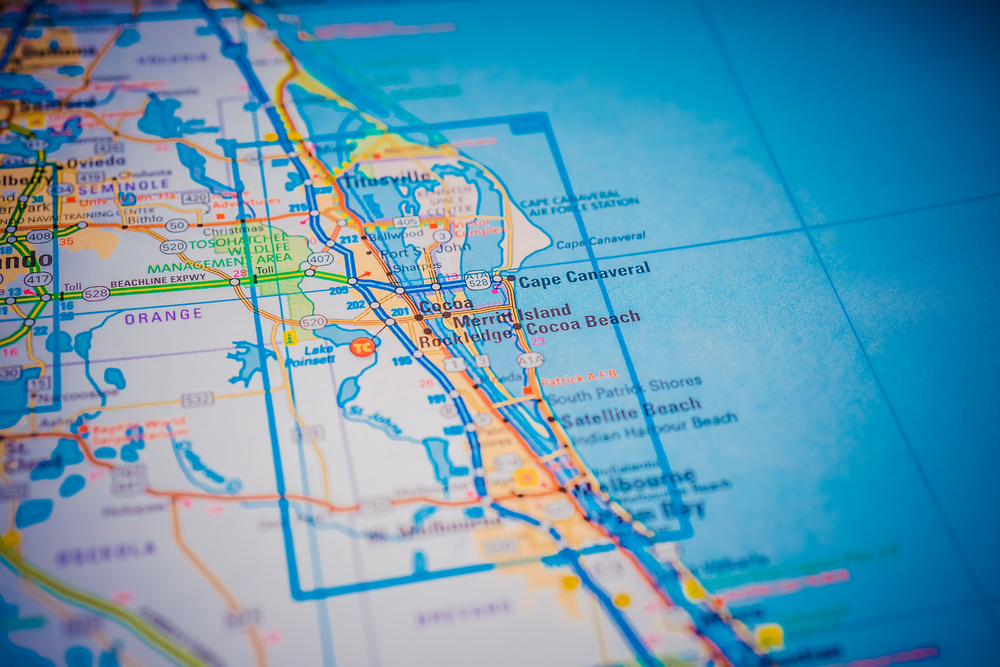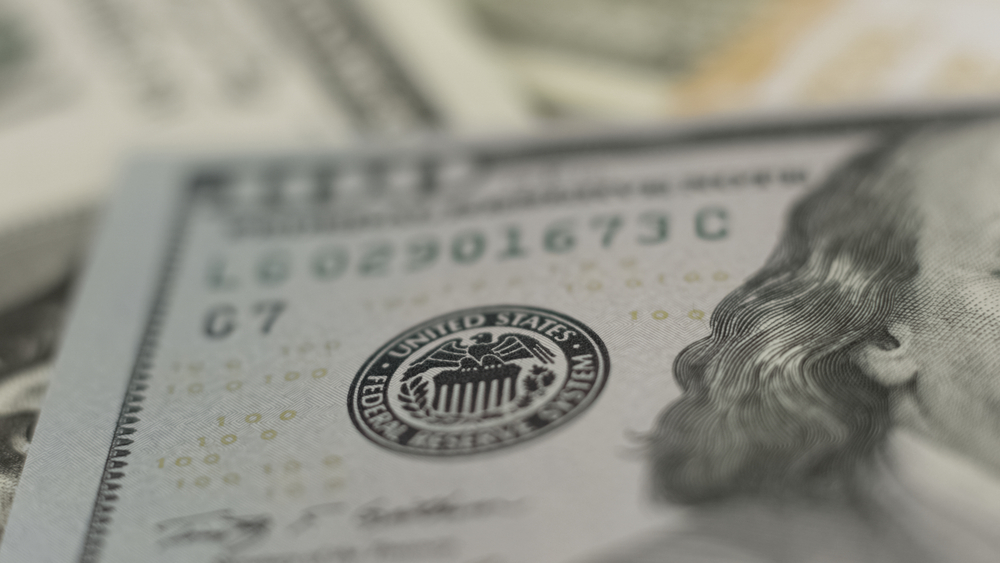Despite popular support, Biden’s recent policy – requiring vaccinations for all government employees and mandatory testing for businesses with more than 100 employees – is attracting the attention of a small but vocal minority. These voices question the very notion of public health and challenge the basis for the state to supersede individuals’ fundamental claim to bodily autonomy. Given these objections, how are we to justify the policy to those who remain opposed? How are we to adjudicate between the claims of individual liberty and the demands of collective interest?
Are vaccine mandates legal? The relevant precedent concerns a 7-2 Supreme Court ruling in Jacobson v Massachusetts which determined that the local government could enforce mandatory vaccinations to fight a smallpox outbreak. In the decision, Justice Harlan argued that
in every well ordered society charged with the duty of conserving the safety of its members, the rights of the individual in respect of his liberty may at times, under the pressure of great dangers, be subjected to such restraint, to be enforced by reasonable regulations, as the safety of the general public may demand.
In fact, tyranny could just as easily come from government failing to take action and allowing individual freedom to trump collective interests. “Real liberty for all,” Harlan wrote, “could not exist under the operation of a principle which recognizes the right of each individual person to use his own [liberty], whether in respect of his person or his property, regardless of the injury that may be done to others.” In a state of nature where everyone is free to pursue his or her own interest to the furthest extent, there can be no security, no rights, and no peace.
But even if such measures have legal history on their side, can these current vaccination mandates be morally justified? As with all things these days, it depends on who you ask. Red state governors have been quick to seize on these policies as obvious government overreach. Big brother is determined to interfere with average Americans’ daily lives and tell them what they can and can’t do with their bodies. These critics claim that the directives go far beyond what is reasonably required for ensuring public safety. These invasive measures are part of a crude, ham-fisted, one-size-fits-all approach to a fairly isolated problem. Big government is making a foot-long incision to get at the issue when a couple of tiny, strategic punctures might do.
So what makes these emergency orders “unreasonable”? Despite over 725,000 deaths from COVID-19 in the U.S. alone, we’re still squabbling over whether workers are in “grave danger.” Folks like Governor Ron DeSantis claim that the choice of whether to get vaccinated “is about your health and whether you want that protection or not. It really doesn’t impact me or anyone else.” And these sentiments resonate with a not insignificant swath of the population that bristle at being told what to do and who pride themselves on being “more worried about herd instinct than herd immunity.” The trouble, as they see it, is that all the bleeding hearts fail to recognize the basic fact that “life is always a risk.” 38,000 Americans die every year in car crashes, but no one is lining up in favor of a ban on driving. “We live with these risks,” these voices contend, “not because we’re indifferent to suffering but because we understand that the costs of zero drowning or zero electrocution would be far too great. The same is true of zero Covid.” In the end, the right balance between personal liberty and public safety is always to be found in letting the people decide for themselves.
But part of our disagreement stems from misunderstanding the science. Contrary to DeSantis’s claims, vaccination is not a private choice without practical consequences for anyone else. The vaccine does not make one invulnerable to infection and having a large unvaccinated population creates a breeding ground for variants. That’s why the unvaccinated represent the greatest threat to pandemic recovery. Leaving it up to individuals won’t do; we can’t simply agree to go our own ways.
As others have noted, the current conversation resembles the standoff over smoking bans in the not-so-distant past. We’re arguing over the answer to a large and complicated question: at what point does one’s private choices about their health encroach on the rights of others to be free from having risks imposed on them by their neighbors’ behavior?
Given the deep disagreement about the predicament we’re in, finding a trustworthy authority has become paramount. One body which might seem especially well-positioned to rule on the matter is the ACLU – the American Civil Liberties Union which is devoted to protecting people’s basics rights enshrined in the Constitution.
Instead of undermining individuals’ civil liberties, ACLU officials David Cole and Daniel Mach argue that vaccination mandates “actually further civil liberties. They protect the most vulnerable among us, including people with disabilities and fragile immune systems, children too young to be vaccinated and communities of color hit hard by the disease.” Echoing Harlan’s sentiments, the ACLU reminds us that liberties and duties are two sides of the same coin; a right’s very existence imposes corresponding obligations. Making a space for others to exercise their basic freedoms means recognizing the limits of one’s individual liberty: the freedom to swing my fist ends where your nose begins. While much attention has been paid to the coercive leverage in demanding vaccination as a condition of continued employment, we fail to appreciate the situation of those who must daily weigh the risk of exposing their immunocompromised family members against the necessity of putting a roof over their heads. While the number of folks faced with this second scenario may be smaller, surely we can appreciate that the injustice in these two situations is not equivalent.
We have a tendency to speak of rights as guaranteeing individuals’ absolute freedom of choice in pursuing whatever might make them happy — rights without obligations and without bounds. We speak in reverence of individual autonomy as the fundamental basis for human dignity. When I am impeded from doing what I want to do, or (worse) made to do something which I would otherwise not, I have been disrespected and harmed. We equate being free with being unconstrained.
But this kind of autonomy fits poorly within our philosophical traditions. Hobbes encouraged us to lay down our sword in order to enjoy the benefits of neighbors who are more than obstacles to our private interests. Kant argued that only by acting from duty can one be truly free. Showing sufficient respect for others means more than simply making space for their unimpeded desiring, willing, and choosing. No one can claim absolute license to pursue their private ambitions, come what may.
Where does this leave us? We find ourselves once again at the intersection of a number of related issues. We’re bad at conceptualizing disease; we’re addicted to the anecdotal, allergic to authority, and eternally unsure of who to trust. Matthew Silk has investigated the media’s troubles in relaying vaccination information; Martina Orlandi and Ted Bitner have explored our failure to change people’s hearts and minds; Marshall Bierson has pointed out how conflicting federal, state, and local legislation is complicating the picture; and Daniel Burkett has explained why we’re upset by others’ free-riding.
So, how should we respond? Megan Fritts recently raised the question of whether doctors are justified in refusing to admit unvaccinated patients to their overbooked and especially vulnerable waiting rooms. Much like we might penalize alcoholics on a donor list for liver transplants, there is at least one line of thought that suggests that those choosing to expose themselves to greater risk should be asked to bear the cost of that choice rather than forcing others to live with the consequences of that decision. Given the scarcity of medical resources and need for emergency assistance, some form of triage is inevitable. And the mantra of personal responsibility has always proven an efficient tool for separating the “undeserving” from the rest of us.
But this solution is too neat; it neglects to investigate who exactly the unvaccinated are. Over the weekend, The New York Times attempted to put a face to this broad label. The obstinate “Don’t Tread on Me!” die-hard doesn’t always track reality. From young mothers to the various outcasts of the healthcare system, there are at least some not-so-unreasonable anxieties expressed by the “vaccine-willing.” And there are, no doubt, a number of the unvaccinated who deserve our compassion and should inspire us to show a modicum of humility. Unfortunately, those folks with a legitimate medical complication or sincerely-held religious conviction constitute a collective that is not anything as large as it purports to be. You know who you are.



